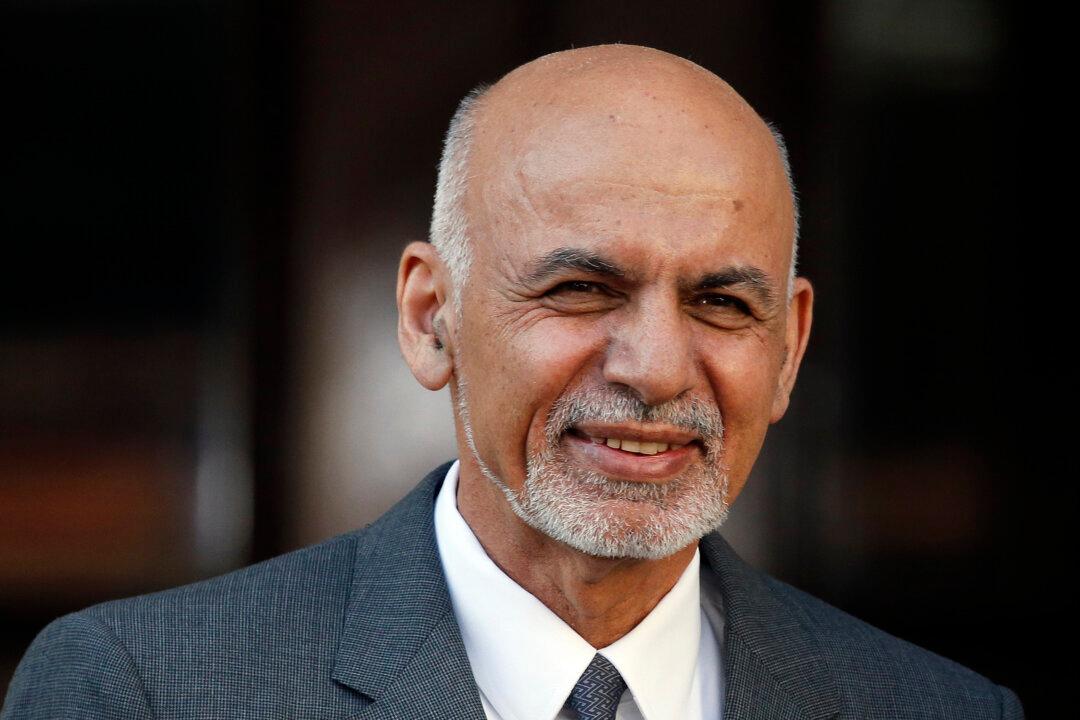KABUL, Afghanistan—Afghan President Ashraf Ghani appears to have narrowly won a second term, according to preliminary results from September’s balloting that were announced on Dec. 22.
His main challenger rejected the outcome as illegitimate.

KABUL, Afghanistan—Afghan President Ashraf Ghani appears to have narrowly won a second term, according to preliminary results from September’s balloting that were announced on Dec. 22.
His main challenger rejected the outcome as illegitimate.